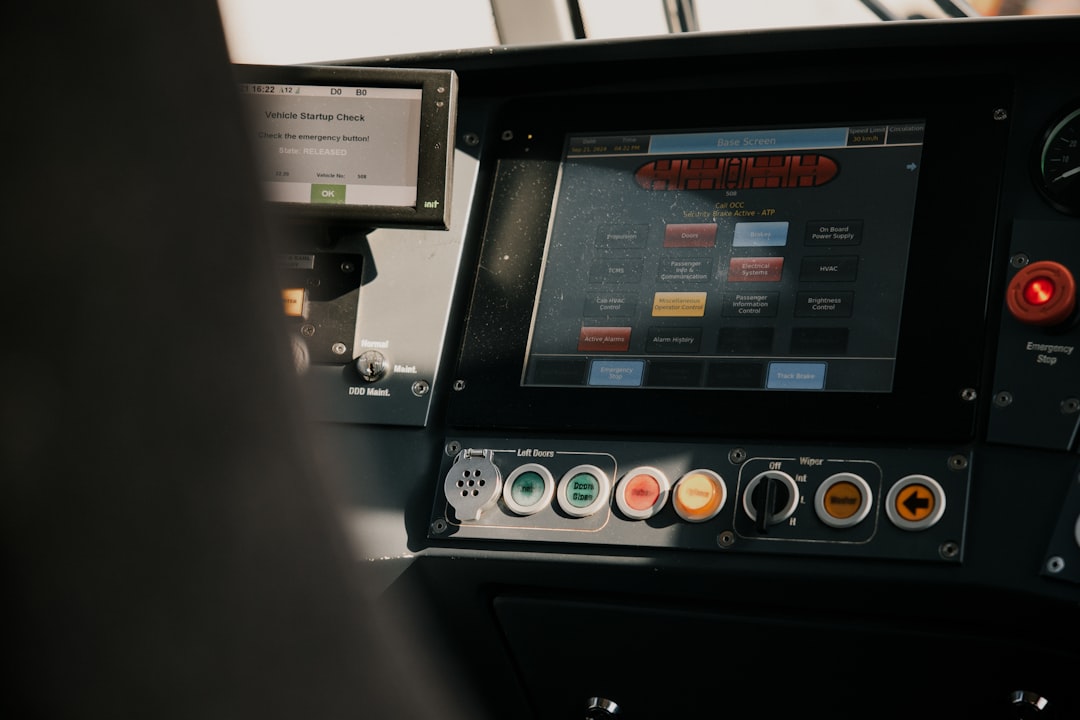The control panel interface provided by a web hosting service plays a pivotal role in defining the overall user experience and effectiveness of website management. Whether you are a novice building your first website or an experienced developer maintaining multiple projects, the usability, layout, and features of a control panel significantly influence your productivity and satisfaction.
In this article, we examine how the control panel interface affects daily operations, site management, and resource allocation, and why it’s a crucial factor when choosing a hosting provider.
The Importance of Interface Design
One of the most immediate factors affecting usability is the visual design and layout of the control panel. A well-organized interface allows users to find essential tools quickly without having to dig through multiple menus. In contrast, cluttered or unintuitive designs can cause frustration and lead to user errors.
Intuitive navigation, consistent iconography, and quick access to common features greatly enhance user experience. Panels like cPanel or Plesk have become industry standards partly because of their clean design and familiarity, which reduces the learning curve for new users.

Accessibility and User Experience
The ease of accessing settings and performing routine tasks defines how quickly users can manage their websites, domains, and email accounts. Good control panels are designed with both novice and advanced users in mind, offering layered complexity without overwhelming the interface.
- Novice Users: Benefit from guided setups for domains, SSL certificates, and email accounts through wizards and tooltips.
- Experienced Users: Demand complete access to file managers, cron job scheduling, database administration, and server logs.
Moreover, mobile responsiveness is becoming increasingly important. Reliable control panels should offer consistent usability across desktop, tablet, and smartphone devices to support online business owners who operate on-the-go.
Efficiency and Management Features
A high-functioning control panel adds value by streamlining complex tasks. Features such as automated backups, one-click installations for CMS platforms like WordPress, and drag-and-drop file management contribute to efficient hosting management.
Key features that enhance ease of management include:
- Dashboard Customization: Allows users to prioritize frequently used tools.
- Live Resource Monitoring: Provides real-time updates on bandwidth, storage space, and CPU usage.
- Integrated Security Options: Enables fast installation of SSL certificates and configuration of firewalls.
These tools give users confidence and control over their hosting environment, reducing the need for external support and repeated service calls.
Impact on Customer Support and Troubleshooting
Issues such as broken websites, denied database access, or account limitations are easier to diagnose and resolve when the control panel presents relevant information clearly. Interfaces that include logs, error messages, and diagnostic tools help users resolve problems independently, which improves satisfaction and reduces downtime.

Moreover, when contacting support, a familiar control panel can streamline communication. Users can specify exact menus or settings where issues occur, leading to faster issue resolution.
Customization and Scalability
As websites grow, the demands placed on hosting infrastructure rise. A scalable control panel interface allows smooth transitions between plans, easy addition of subdomains, or migration to dedicated servers. The flexibility to customize user permissions and integrate third-party applications ensures the system grows with your operations.
Providers that restrict control panel features or offer proprietary solutions with limited compatibility may hinder long-term scalability. Therefore, businesses often lean toward established vendors that offer extensible and open platforms.
Conclusion
The control panel interface of a hosting provider significantly influences how users interact with their hosting environment. A thoughtfully designed panel can improve task efficiency, lower the risk of user errors, and empower customers at various skill levels.
When choosing a hosting service, it’s essential to evaluate the control panel not merely as a technical utility, but as a central hub for website success. The right interface combines functionality, accessibility, and scalability—key ingredients for ensuring a smooth and professional user experience.


